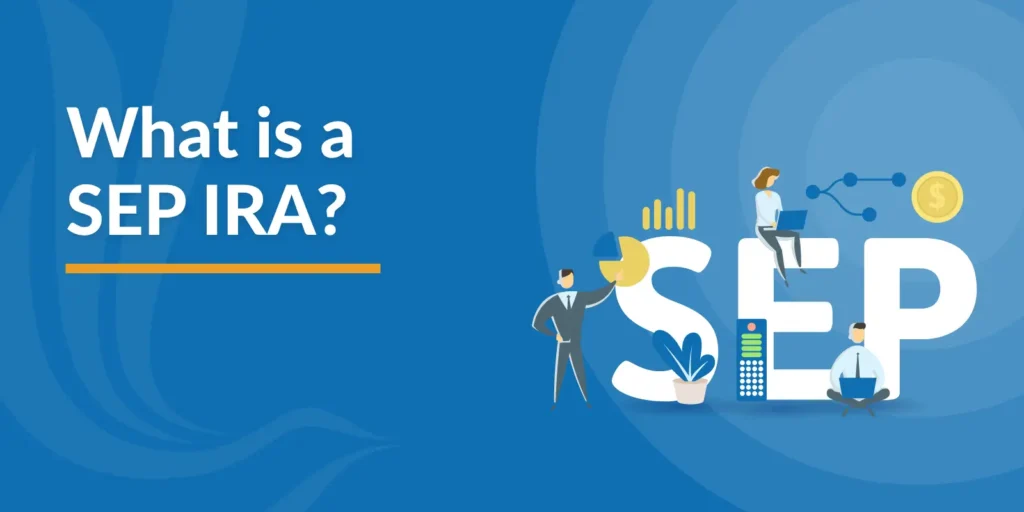
A Simplified Employee Pension Individual Retirement Account, commonly known as a SEP IRA, is a retirement savings plan designed for self-employed individuals and small business owners. This article explores what SEP IRAs are and the tax implications associated with them.
What is a SEP IRA?
A SEP IRA is a type of retirement plan that allows employers, including self-employed individuals, to make contributions to their own and their employees’ retirement savings. Here are some key elements of SEP IRAs.
Employer Contributions
Employers can contribute a percentage of each eligible employee’s compensation directly into their SEP IRAs. Employers can contribute up to a maximum of 25% of each eligible employee’s compensation or $70,000 for 2025, whichever is less. Contributions are discretionary, meaning the employer can decide how much to contribute each year, including skipping contributions in years when business conditions are less favorable. One important thing to note, however, is the contribution percentage must be the same for all eligible employees, including the business owner.
Tax-Deferred Growth
Like other IRAs, SEP IRAs offer tax-deferred growth on contributions. This means that investment earnings within the SEP IRA grow tax-free until withdrawals are made in retirement. Tax-deferred growth allows contributions to compound more quickly compared to taxable accounts.
Employee Eligibility
Employees eligible to participate in a SEP IRA include those who are at least 21 years old, have worked for the employer for three of the last five years, and have received at least $600 in compensation from the employer in the year.
Tax Implications of SEP IRAs
SEP IRAs offer several tax advantages to both employers and employees.
Tax-Deductible Contributions
Employers can deduct SEP IRA contributions made on behalf of themselves and their employees as a business expense. This reduces taxable income, potentially lowering the employer’s overall tax liability.
Tax-Deferred Growth
Investments held within a SEP IRA grow tax deferred. This means dividends, interest, and capital gains generated by investments are not taxed annually. This allows the money to compound more quickly.
Withdrawals and Taxes
Withdrawals from a SEP IRA are taxed as ordinary income in retirement. The idea is that during retirement, when withdrawals typically begin, most individuals are in a lower tax bracket than during their working years.
Early Withdrawal Penalties
If withdrawals are made before age 59½, they may be subject to a 10% early withdrawal penalty. This is in addition to being taxed as income. Exceptions exist for certain circumstances like disability or specific medical expenses.
RMDs (Required Minimum Distributions)
Starting at age 72 (age 70½ if you reached 70½ before January 1, 2020), SEP IRA owners must begin taking annual withdrawals known as Required Minimum Distributions (RMDs). These withdrawals are subject to income tax and help ensure that retirement savings are gradually distributed and taxed.
Tax Help for Those with SEP IRAs
SEP IRAs are valuable retirement savings vehicles for self-employed individuals and small business owners due to their flexibility and tax advantages. By allowing tax-deductible contributions and tax-deferred growth, SEP IRAs help maximize retirement savings while potentially lowering current taxable income. However, understanding the rules regarding contributions, withdrawals, and tax implications is crucial for optimizing the benefits of a SEP IRA and planning for a financially secure retirement. Optima Tax Relief has over a decade of experience helping taxpayers with tough tax situations.
If You Need Tax Help, Contact Us Today for a Free Consultation